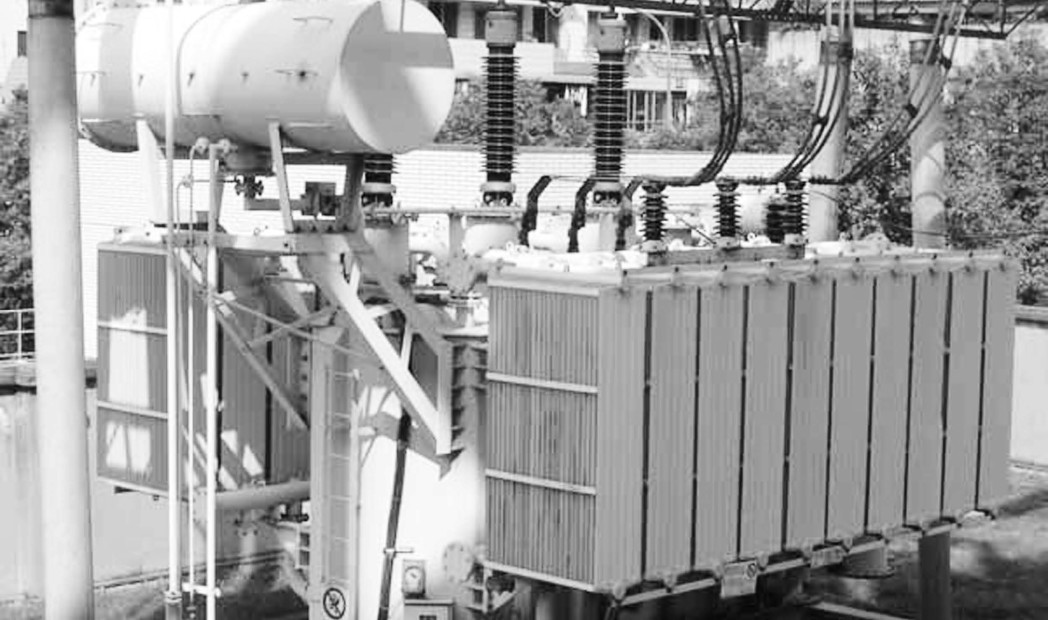- TCN Recovers 693 Stranded Power Equipment Containers from Ports
The Transmission Company of Nigeria has recovered 693 power equipment containers that were stranded at seaports across the country.
According to the firm, the recovery was achieved last week, as it revealed that some of the containers had been stranded at various ports for about 15 years.
The Managing Director, TCN, Usman Mohammed, told journalists in Abuja on Wednesday that some of the power equipment had been auctioned, but noted that the firm was going after the auctioneers to recover the containers.
He said, “We were able to recover 693 containers as of last week, out of a total of 800 containers that have been in the ports. Some of these containers have been there for 15 years; others have been auctioned and we had to trace the auctioneers to get the containers.”
Mohammed also stated that the Federal Government had given the necessary support to his company, adding that the government was now set to solve the problems in the distribution arm of the power sector.
He said, “How did we get the containers? It is the support and collaboration that we are getting from the minister. That is why we are achieving this and I’m saying this because I don’t want the management of the TCN to take all the credit for what we are achieving.
“The government is supporting us. And with the same way they are supporting us, I know that as they have beamed their searchlight on the distribution companies, they are going to solve the problems with power distribution.”
He further disclosed that the Federal Government had approved for the TCN to anchor the N72bn investment, which the government planned to invest in the 11 electricity distribution companies in Nigeria.
Mohammed stated that the Minister of Power, Works and Housing, Babatunde Fashola, had got the approval from the government for the TCN to manage the N72bn planned investment in the Discos.
He said, “The Discos have low capacity; investments have not been done in the Discos, you know it. We have inaugurated so many substations, go and find out how many of these have been done by the Discos. That is why we are begging the government and anybody that is willing to listen to us that investments need to go to the Discos.
“We are actually working with the government to see that the last mile, which is now the weakest link in the power value chain which is distribution, that investment is directed to that sector.”
He added, “In the past, the government had not shown interest in putting money in the distribution. But recently, the minister of power approached the government and got it to approve N72bn, which will be invested in the Discos.
“This is one milestone that will help us to also stabilise the grid. It is in our interest that distribution is rehabilitated and I can tell you we lost two transformers in Abuja because of poor distribution. If distribution is not fixed, it will affect us at the TCN. Government is investing in the Discos and it is the TCN that is managing the investment. We are managing it on behalf of the minister of power.”
According to Mohammed, the failure of the Discos and their excuses are untenable because the TCN transmits electricity to the Republic of Benin and Togo, and the distribution companies in these countries distribute power efficiently to customers.
He said, “The reality of the matter is that we need investments in the Discos. Some of you may not know, but those of you who have the opportunity of entering Benin Republic, 80 per cent of electricity that is consumed in Benin and Togo is coming from Nigeria.
“Go there, you will see stable power; we at the transmission network are the ones taking power to them; why is it that they have stable power but we don’t have here? It is because our distribution network is weak. Go to Togo and see how a distribution network is.”

 Forex3 weeks ago
Forex3 weeks ago


 Naira2 weeks ago
Naira2 weeks ago
 Billionaire Watch2 weeks ago
Billionaire Watch2 weeks ago




 Naira2 weeks ago
Naira2 weeks ago




 Naira4 weeks ago
Naira4 weeks ago




 Naira2 weeks ago
Naira2 weeks ago


 Naira7 days ago
Naira7 days ago
 Banking Sector4 weeks ago
Banking Sector4 weeks ago






















